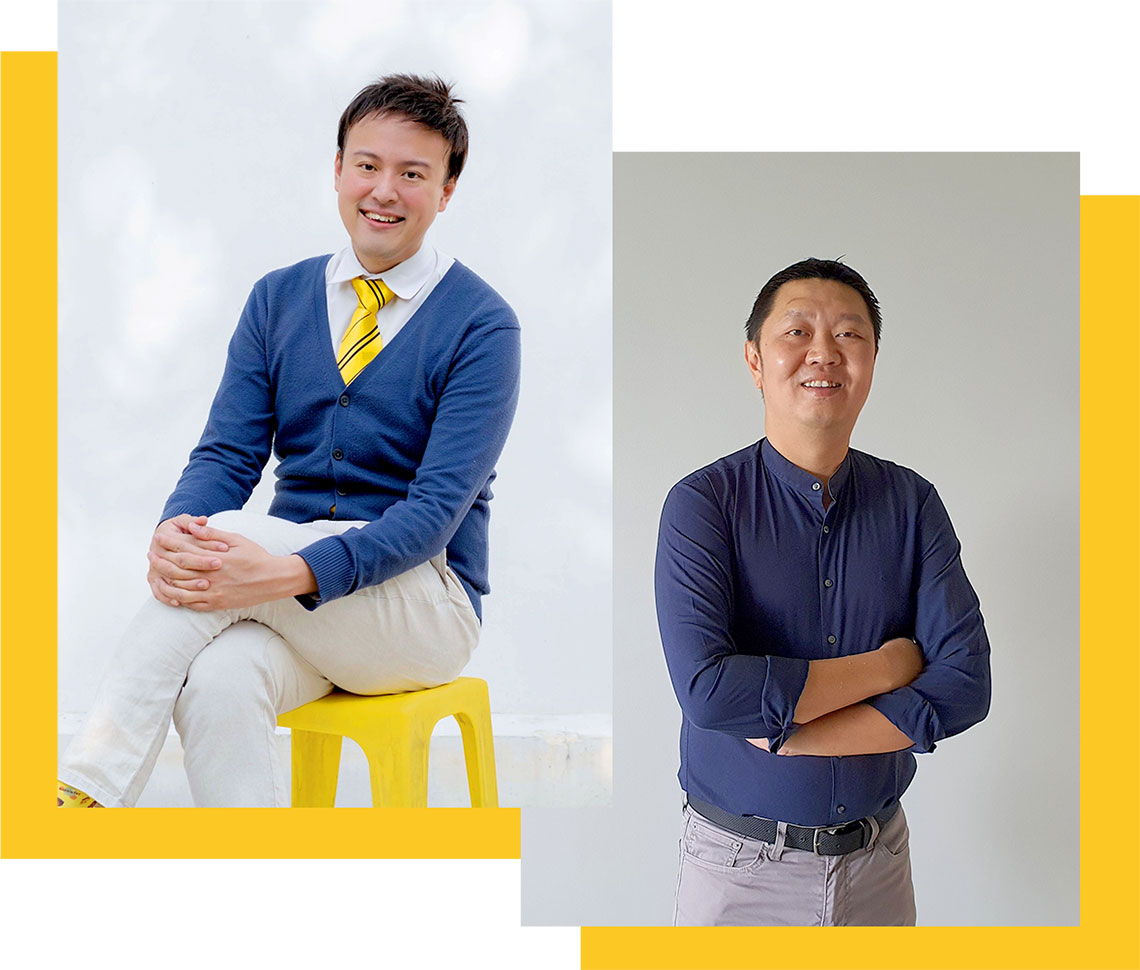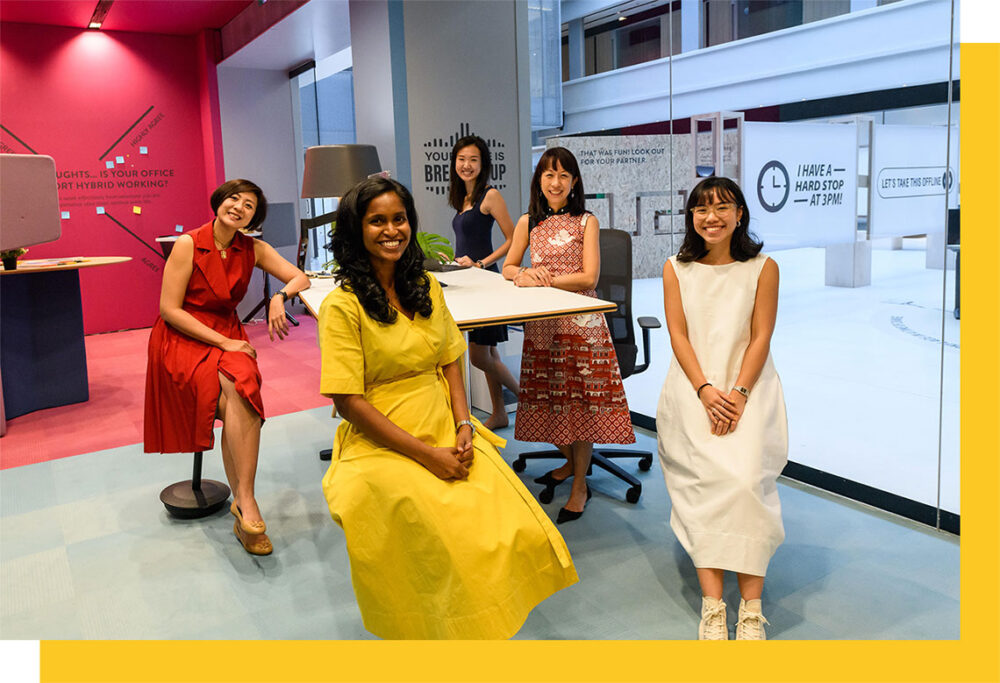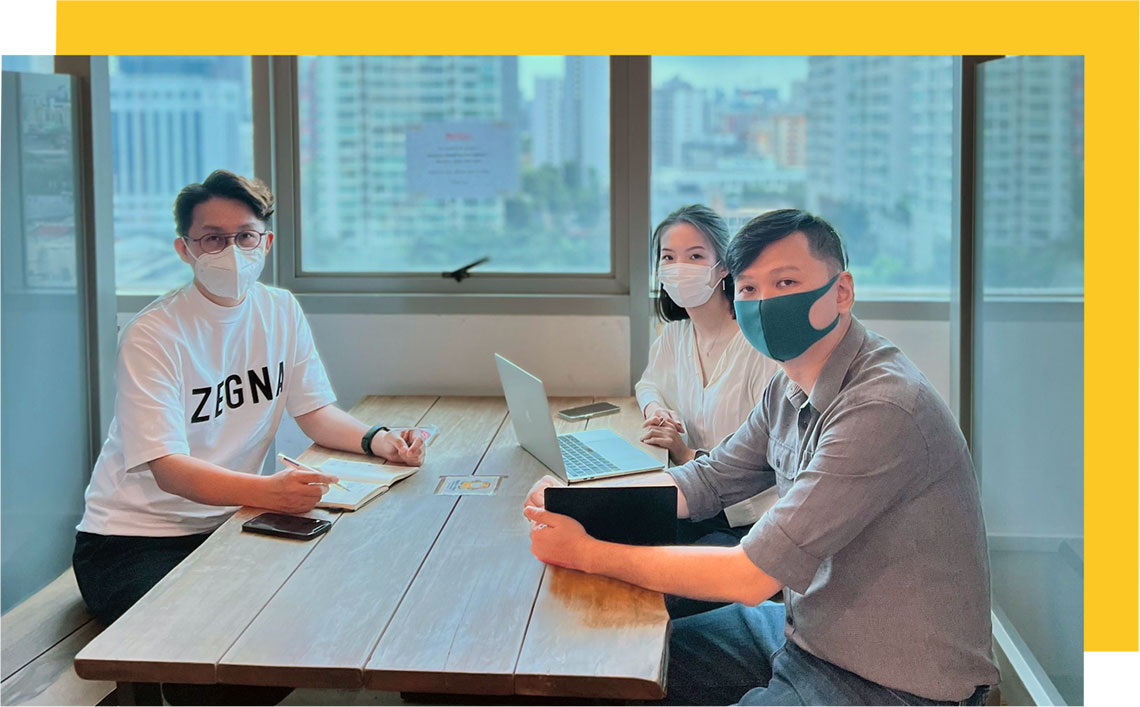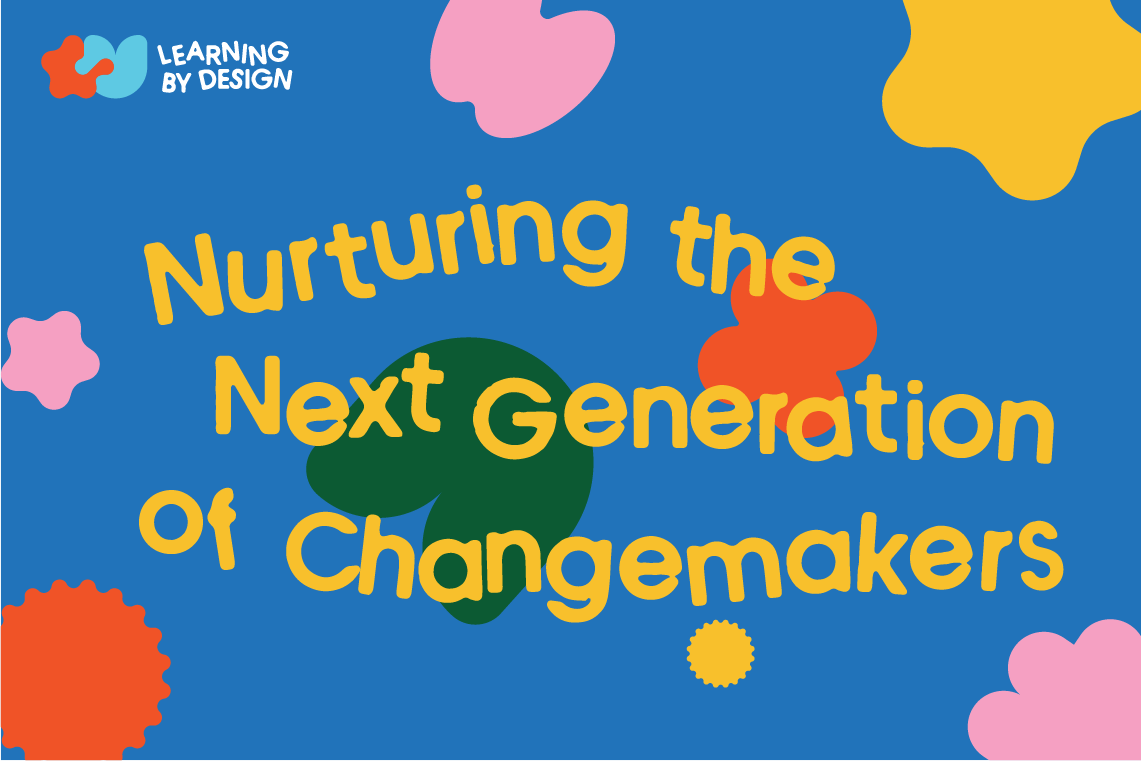SkillsFuture Queen Bee Initiative for the Design Sector: Giving a Leg-up to Design Enterprises
The SkillsFuture Queen Bee initiative for the design sector was launched in October 2020 and benefitted 31 design small and medium enterprises (SMEs) in Singapore over the one-year partnership.
Led by Tribal Worldwide (Tribal) and supported by DesignSingapore Council (Dsg) and SkillsFuture Singapore (SSG), design SMEs were able to access skills advisory and key industry skills training to support their business growth plans.
Evolving customer needs
“Change is a constant in the design industry,” says Yvonne Chan, Senior Account Manager at Tribal. “In recent years, there’s been a rise in demand for quality experience design and innovation in design.”
The growing digitalisation of customer experiences and business models has sparked demand for more consumer-centric solutions. Hence, it is vital that design firms equip themselves with the fast-evolving skill sets required to thrive in these uncertain times.
Breaking down barriers to skills training
However, smaller enterprises can fall behind on talent investment because of financial constraints and inadequate guidance. The SkillsFuture Queen Bee initiative supports design SMEs in Singapore to identify skills training programmes that are relevant to their business needs and to leverage the funding and resources provided through SSG.
Tribal as a SkillsFuture Queen Bee
As an industry leader that went through its own transformation journey, Tribal launched its Total Experience (TX) offerings in 2018, which helped its clients innovate and thrive in the experience economy. With this background, Tribal was appointed as the SkillsFuture Queen Bee for the design sector given its commitment and passion for imparting its expertise and wealth of experience to design SMEs. With Tribal’s involvement, Yvonne was identified as the Skills Manager and friendly contact point for the design SMEs.
During the one-year journey as SkillsFuture Queen Bee, Tribal engaged with the design SMEs to understand and identify key training needs for the sector, while also referencing the Skills Framework for Design to ensure the insights gathered were aligned to what the industry requires.
Tribal uncovered that the design sector needed to build capabilities in four key areas: continuous learning, technical design craft, project and stakeholder management, and problem solving.
Tribal also consulted various Institutes of Higher Learning and private education institutions to gain a better understanding of the courses they offered, and curated those which were assessed to be most suitable as training solutions for the design SMEs’ needs.
Resources no longer a barrier to training
“Small non-profits like us struggle with very limited resources, and the company was also undergoing a transformation at the time,” says Larry Yeung, Executive Director of Participate in Design (P!D) on the changes brought about by the COVID-19 restrictions.
Many staff had requested to learn new skills, prompting the organisation to look out for funding opportunities to support the upskilling of the team.
Larry was relatively new to his management role and thought he would benefit from courses in leadership and people management skills.
While such courses are typically quite costly, the courses recommended under the SkillsFuture Queen Bee initiative were affordable for P!D due to the generous course fee grants provided by SSG. “They helped us realise that resources are not a limitation to learning,” he says.
Three employees from P!D attended four of the courses recommended by the Skills Manager. Larry himself enrolled in two courses which he found applicable to his role – one was in the area of workplace coaching and the other in applied systems thinking.
The coaching course allowed him to gain a better understanding of how to guide a team and lead them towards self-learning, while the applied systems thinking course equipped him with the tools to make organised and justified decisions in his management role at P!D.

Developing a holistic approach to design work
Sending staff for training courses can be a challenge, since this requires employees to be away from work. However, this is a sacrifice Mandate Communications (Mandate) was willing to make.
The company is a strong proponent of continuous learning and sets aside an annual budget for employee training. “We observe changes and demands in the industry to evaluate what type of training is needed,” says Marcus Lim, General Manager of Mandate.
The key courses taken up by Marcus and other employees under the SkillsFuture Queen Bee initiative included one in applied systems thinking and others in design thinking.
These training courses were helpful for Marcus to refresh his skill sets in problem-solving. He was also able to share what he had learned with colleagues who could not attend the courses.
The insights gained through the applied systems thinking course are invaluable for him as a General Manager who oversees company operations. He appreciates how the course focused on “breaking down the silos” within an organisation so that he was able to recognise how issues within one department could be solved for the benefit of the entire company.
Mandate’s staff found the design thinking courses useful for their roles in a creative agency and have benefitted from developing a practical solutions-focused mindset at work. “Creativity is subjective, but the approach to creative work is objective,” Marcus notes.
Establishing diverse skill sets
Audrey Chin, Operations Director at Paperspace and Paperwork, was keen on the programmes curated under the SkillsFuture Queen Bee initiative. “We felt assured about the quality of the courses and trainers, as they had been assessed by the Skills Manager. This was especially vital considering the challenges of online training sessions,” she says.
“We wanted to provide our team with a wide yet targeted opportunity to upskill,” she says. Both Paperspace and Paperwork prioritise continuous learning and applied experiences, especially in areas outside of an employee’s core function.
Several team members who joined Paperspace and Paperwork had little or no design background. As a client-centric business, it was crucial for them to be focused on their users. Through the courses, these team members acquired design thinking skills that helped them adopt a more user-centric approach in their work, including problem-solving and improvising solutions for clients’ specific needs.

For Audrey, attending the design thinking and workplace coaching courses gave her the communication tools to become a more effective manager.
However, the coaching workshop had the greatest impact on her, and was also an unexpected upskilling opportunity. “It would not have been something we would have been looking out for, so it helped when Tribal highlighted it,” says Audrey. “As Managers, we are always busy with the day-to-day matters, and this helped me, or rather forced me, to take time to focus on improvement,” she adds.
Transformation in work culture
Today, Larry has observed a significant impact on interpersonal relations at P!D. Team members are now better at handling conflict, can communicate more effectively and are more confident in managing junior staff.
Furthermore, P!D staff can now incorporate the organisation’s principle of inclusivity within their daily work. “It gave us the tools to embody our company values in actionable ways,” he states.
At Mandate, Marcus highlights the increased enthusiasm for work among staff, and the growing receptiveness towards the organisational learning culture. There is also a significant boost in employee morale – staff perceive the training opportunity as evidence of the company’s appreciation and investment in their professional and personal development.
Audrey of Paperspace and Paperwork explains that employee performance reviews now adopt a more structured and effective approach that draws out employees’ strengths by asking the right questions. “Feeling valued and being able to contribute to the growth of the team and company keeps employees engaged, and helps with employee retention,” she adds.
Reflections and looking ahead
As Skills Manager, Yvonne recalls the challenge of convincing companies that employee training is a vital investment that needs to be prioritised.
Design enterprises’ work environments are often fast-paced and risk falling into the dreaded urgency trap – putting off important but non-urgent tasks like employee training can delay the achievement of long-term organisational goals.
Nonetheless, she is glad that Tribal had the chance to make customised training more accessible to design SMEs, and foster networking between participants amidst the pandemic. “We’re proud to have had the opportunity to contribute to our industry,” Yvonne says.
At P!D, Larry looks forward to his employees acquiring data-related skills as a next step, to expand his team’s competencies for future projects.
Marcus adds that Mandate also hopes to continue investing in upskilling employees, and his enthusiasm is echoed by Audrey. She believes that structured training plans are vital to increase a company’s competitiveness and ability to motivate staff, as well as consistently attract new talent.
Start your enterprise’s capability building journey today
If you are an owner or leader of a design SME in Singapore, we invite you to explore the myriad selection of SkillsFuture programmes and initiatives to kick-start the upskilling and training of your employees. Visit the Enterprise Portal for Jobs and Skills to learn more!
And if you are an SME looking to venture into new markets, enhance operational efficiency and improve your customer service approach, we recommend our Design for Business programmes: Frame and Scope and User Journey Mapping. You will be matched with a design consultant to help you identify problem areas and to develop solutions best suited to your company’s needs.







